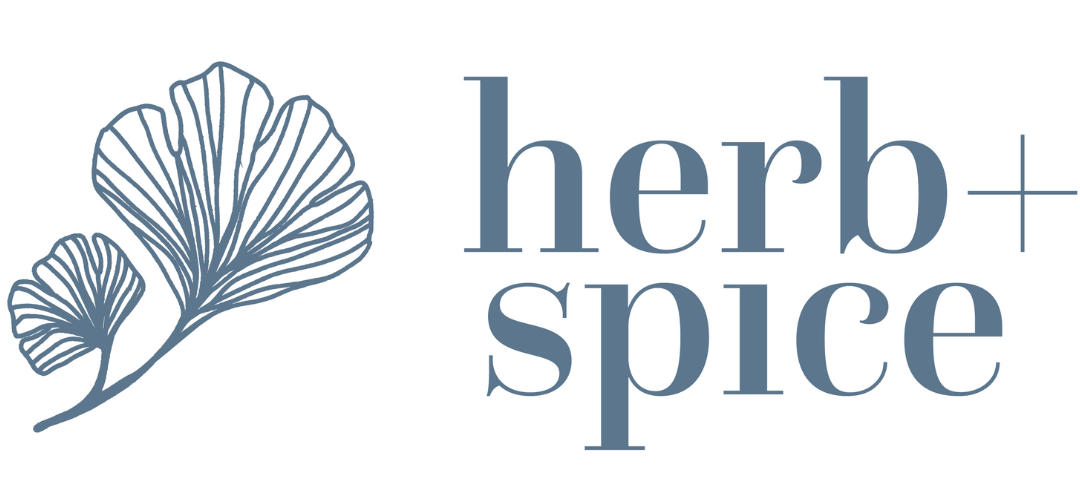Iron Deficiency - Unveiling the Culprits
Iron Deficiency
Iron deficiency is one of the most prevalent nutritional deficiencies worldwide, and one that I see regularly in clinic, particularly with my female clients. It can have a detrimental impact on our overall health and well-being, leading to symptoms like fatigue, weakness, and impaired cognitive function. Understanding the common causes of iron deficiency is crucial for prevention, early detection, and effective management, an goes beyond just looking at iron status on our pathology.
So what are the signs of low iron? Most commonly we see:
- Dizziness
- Shortness of breath
- Reduced aerobic capacity
- Headaches
- Extreme fatigue
- Poor concentration
- Pale skin colour
Correcting low iron levels takes more than just eating more iron-rich foods or taking a supplement. Finding the driving cause is important and will help prevent ongoing anaemia.
Inadequate Dietary Intake:
Insufficient consumption of iron-rich foods is a primary cause of iron deficiency. Iron is found in two forms: heme iron (derived from animal sources) and non-heme iron (found in plant-based sources). Individuals who follow restrictive diets or have poor dietary habits may fail to meet their iron requirements. Vegetarians and vegans, for example, are at a higher risk of developing iron deficiency due to relying solely on non-heme iron sources.
Blood Loss:
Acute or chronic blood loss is another significant contributor to iron deficiency. Menstruation in women, particularly heavy or prolonged menstrual bleeding, can lead to a gradual depletion of iron stores over time. Similarly, gastrointestinal conditions like ulcers, gastritis, haemorrhoids or colorectal cancer can cause internal bleeding and subsequent iron loss. Frequent blood donation and certain medical conditions, such as kidney disease, can also result in iron deficiency due to ongoing blood loss.
Increased Iron Needs:
Certain life stages and conditions require a higher demand for iron. For instance, pregnant women experience increased blood volume and need more iron to support the growth and development of the fetus. If the dietary intake or iron supplementation during pregnancy is insufficient, it can lead to iron deficiency anemia. Infants, adolescents during rapid growth, and athletes engaged in intense training may also require more iron than the average population.
Malabsorption:
Even if an individual consumes an adequate amount of iron, it may not be effectively absorbed by the body. Several conditions can impair iron absorption, including coeliac disease, inflammatory bowel disease, SIBO, low stomach acid, leaky gut, parasites and gastrointestinal surgeries such as gastric bypass. These conditions affect the small intestine's ability to absorb nutrients, including iron, leading to iron deficiency over time.
Chronic Diseases and Medications:
Certain chronic diseases like chronic kidney disease, heart failure, and cancer can disrupt iron metabolism and utilisation. Inflammatory conditions, such as rheumatoid arthritis, can also contribute to iron deficiency. Additionally, certain medications, like proton pump inhibitors (PPIs) used for treating gastric acid reflux, can interfere with iron absorption and contribute to iron deficiency.
As we can see - iron deficiency extends way beyond simply not eating enough iron-rich foods. Investigating some of these common causes is crucial for early detection and appropriate intervention. If you suspect you have iron deficiency, it is important to consult with a qualified practitioner who can perform the necessary tests and guide you towards the appropriate treatment, which may include dietary adjustments, iron supplementation, or addressing the underlying cause. Remember, with timely intervention, iron deficiency can be effectively managed, restoring your vitality and overall health.

